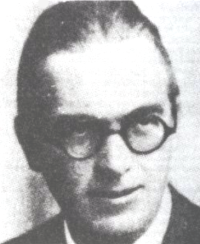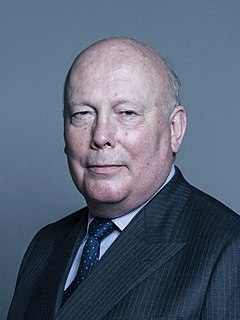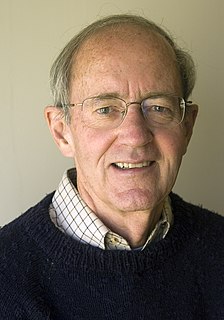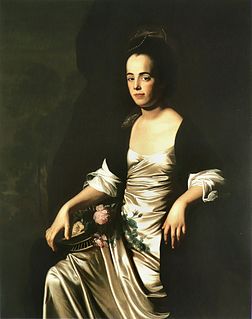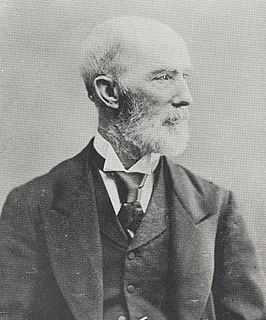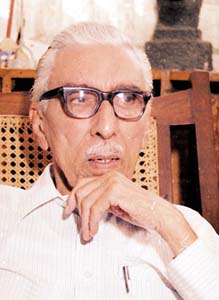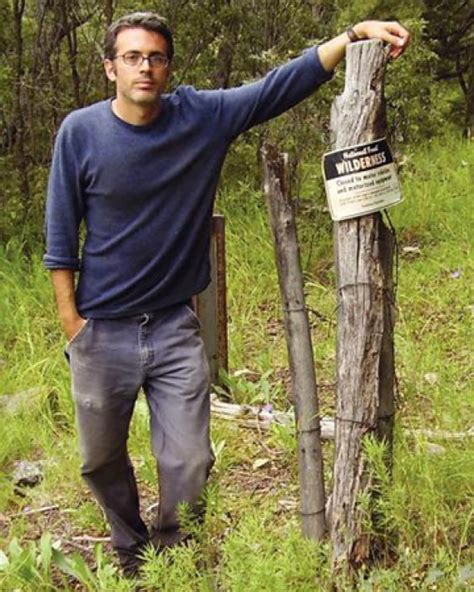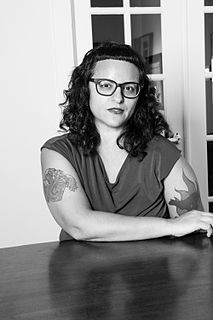A Quote by Percy Lubbock
The art of fiction does not begin until the novelist thinks of his story as a matter to be shown, to be so exhibited that it will tell itself.
Related Quotes
Memoirists, unlike fiction writers, do not really want to 'tell a story.' They want to tell it all - the all of personal experience, of consciousness itself. That includes a story, but also the whole expanding universe of sensation and thought ... Memoirists wish to tell their mind. Not their story.
I can't tell you what art does and how it does it, but I know that often art has judged the judges, pleaded revenge to the innocent and shown to the future what the past suffered, so that it has never been forgotten. Art, when it functions like this, becomes a meeting-place of the invisible, the irreducible, the enduring, guts, and honor.
There are some books that refuse to be written. They stand their ground year after year and will not be persuaded. It isn't because the book is not there and worth being written -- it is only because the right form of the story does not present itself. There is only one right form for a story and if you fail to find that form the story will not tell itself.
He's lived a fiction. And, of course, he thinks that if you love someone enough, they will love you. And that if you steer things enough, things will, under your control, come right. And this is the fiction of the controller: a controller thinks that they can control their life into being what they want it to be. But their life will never be what they want it to be until they stop controlling, and that is their journey.
The citizen who thinks he sees that the commonwealth's political clothes are worn out, and yet holds his peace and does not agitate for a new suit, is disloyal, he is a traitor. That he may be the only one who thinks he sees this decay, does not excuse him: it is his duty to agitate anyway, and it is the duty of others to vote him down if they do not see the matter as he does.
It's only a story, you say. So it is, and the rest of life with it - creation story, love story, horror, crime, the strange story of you and I. The alphabet of my DNA shapes certain words, but the story is not told. I have to tell it myself. What is it that I have to tell myself again and again? That there is always a new beginning, a different end. I can change the story. I am the story. Begin.
A story must be told in such a way that it constitutes help in itself. My grandfather was lame. Once they asked him to tell a story about his teacher. And he related how the holy Baal Shem used to hop and dance while he prayed. My grandfather rose as he spoke, and he was so swept away by his story that he himself began to hop and dance to show how the master had done. From that hour he was cured of his lameness. That's how to tell a story.
